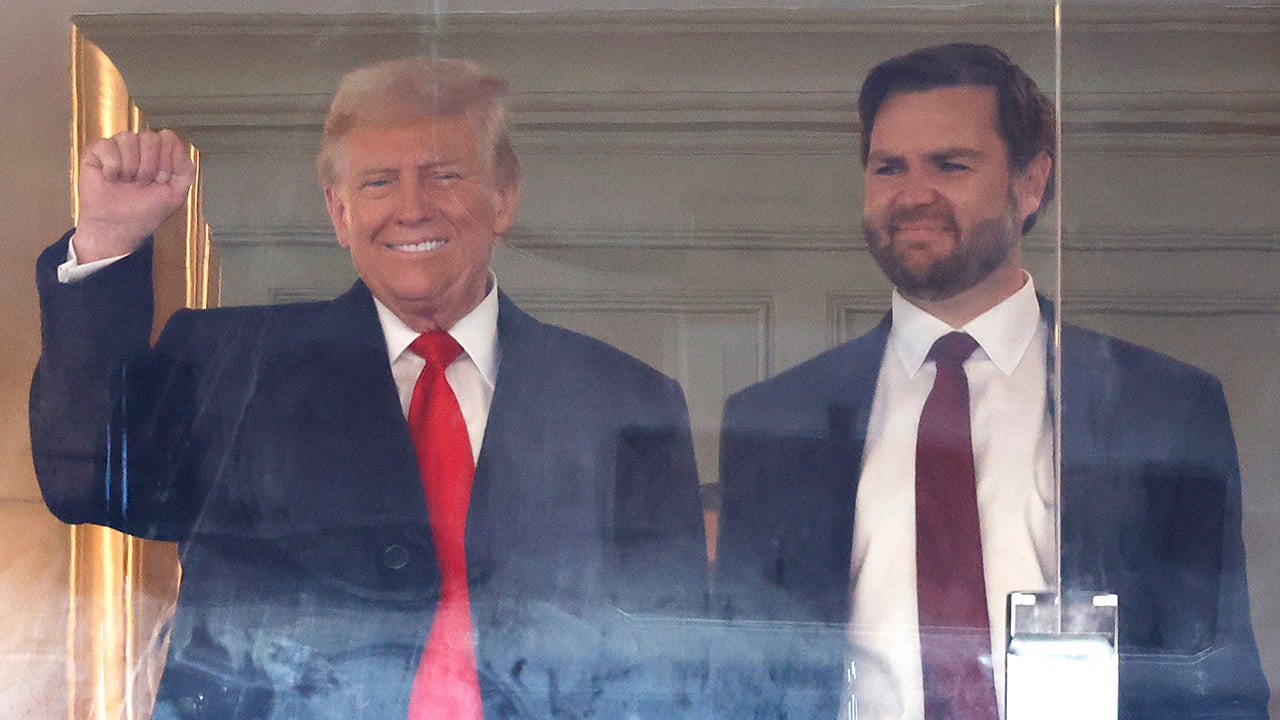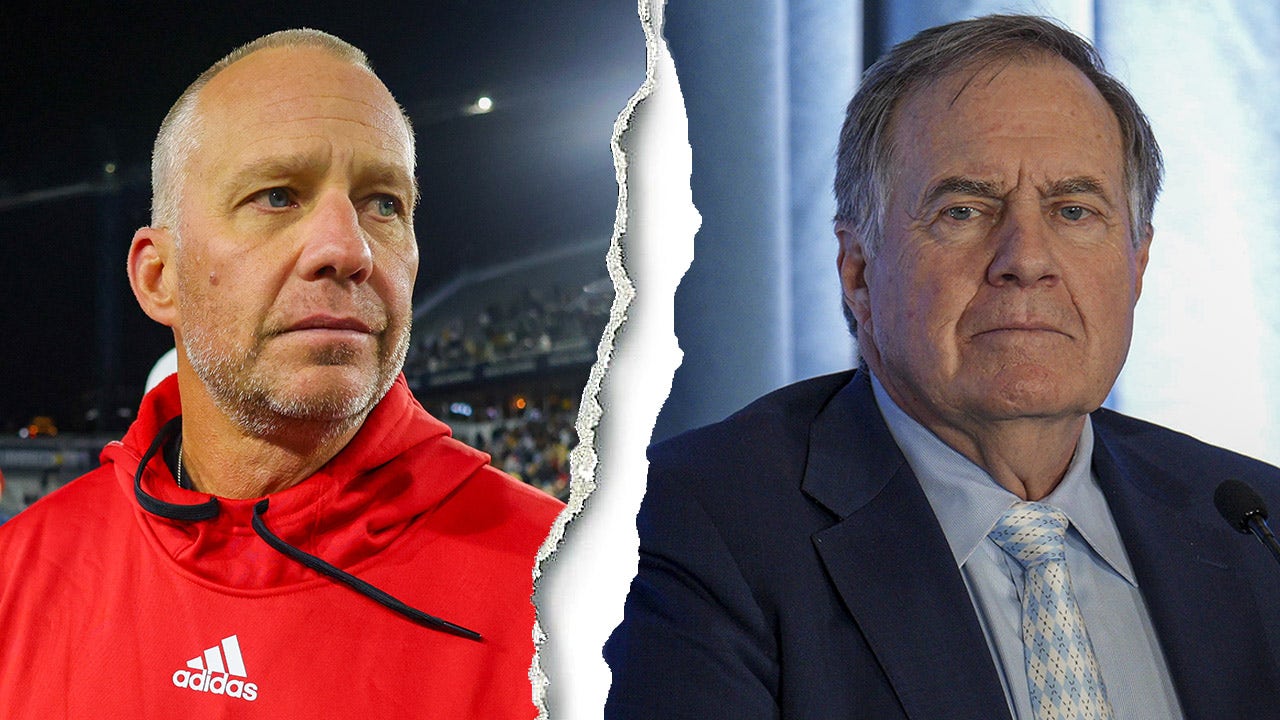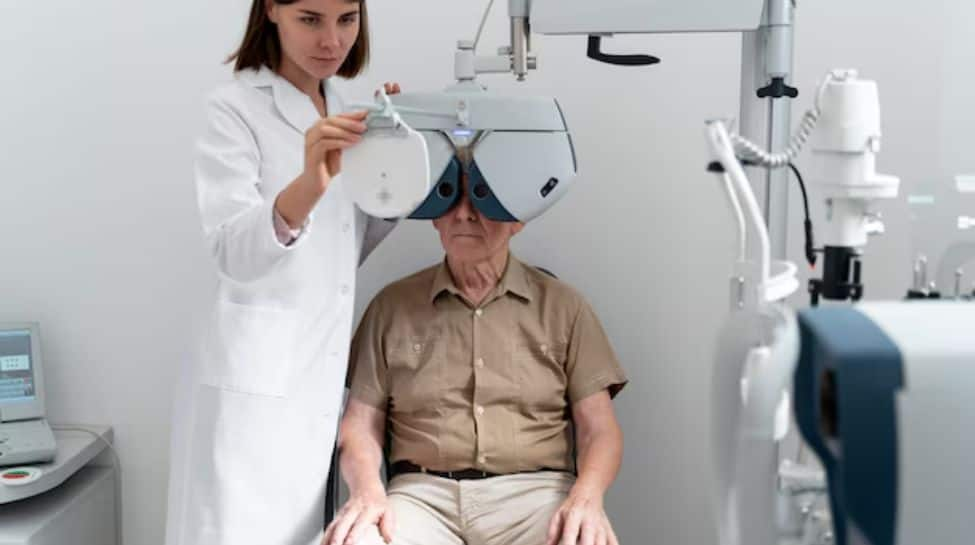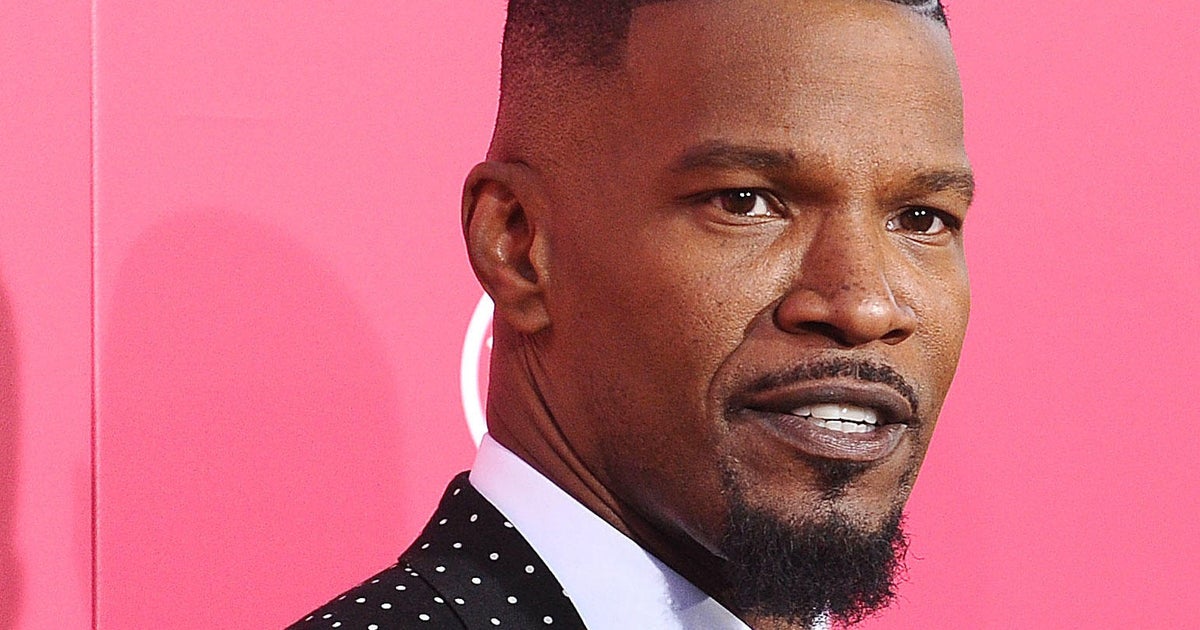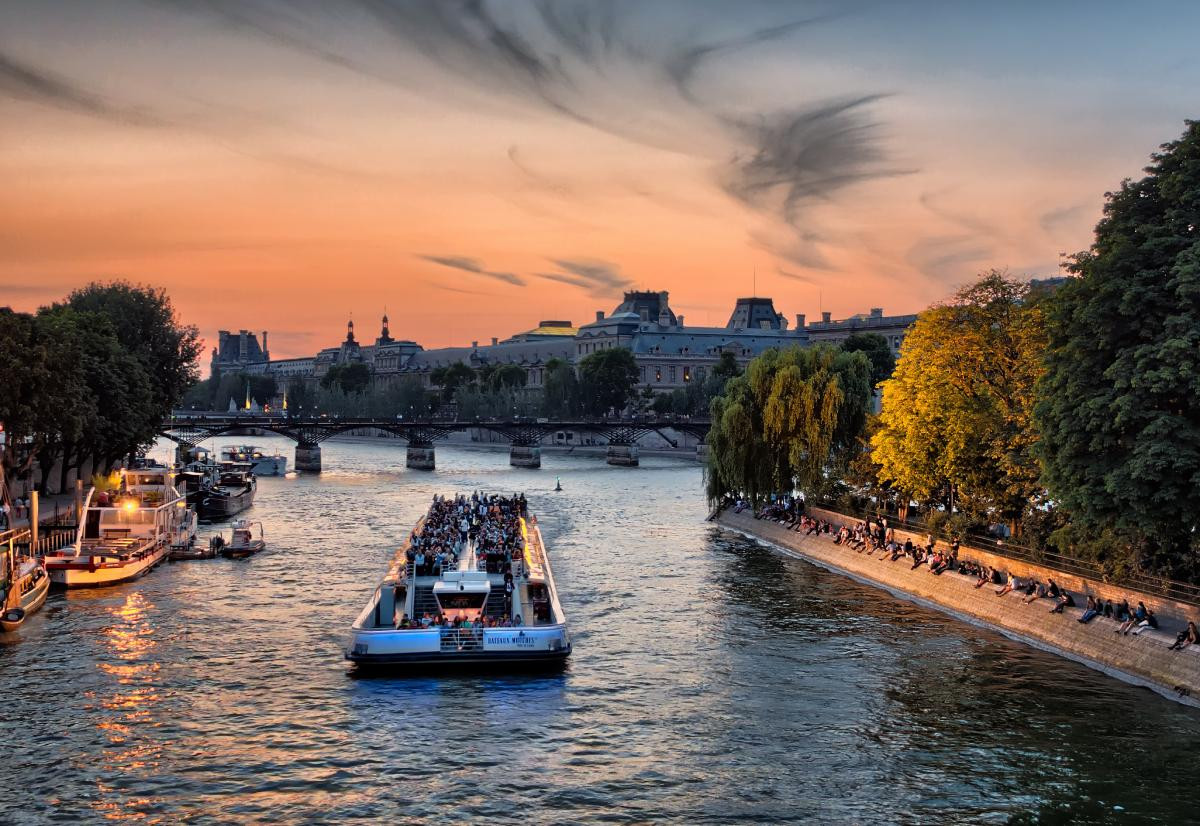PARIS:
France’s plan to have the gigantic 2024 Olympics opening ceremony on the river Seine is filling many Parisians with giddy anticipation, while some officials feel mostly dread over the logistical challenges.
But whatever the obstacles may be, Paris is determined to make its iconic river a star, if not the star, of next year’s Summer Games.
Ever since French President Emmanuel Macron ordered organisers to create the most memorable start to any Olympics in history, officials have been working overtime to make it happen.
Representatives from government, police, the national organising committee and Paris city hall know that so many things can go wrong up until the last minute before 8.24 pm (1824 GMT) on July 26, 2024, when 10,000 athletes on around 100 boats are to float down the river, marking the start to the biggest event in France for decades.
The itinerary of six kilometres (four miles) between the Austerlitz and Iena bridges takes them past some of the French capital’s most famous landmarks, Notre-Dame, the Louvre, the Musee d’Orsay, the Grand Palais and, of course, the Eiffel Tower.
“The potential is just crazy,” gushed Tony Estanguet, the head of the Paris 2024 organising committee, after a first practice run.
It will be the first time in Olympic history that the opening ceremony takes place outside the main athletics stadium.
A crowd of an estimated 500,000 will be watching from the river banks, joining countless celebrities and world leaders.
The security challenge alone is enough to give officials sleepless nights, and some, including the former Paris police chief, tried to get Macron to change his mind, in vain.
France’s leader wants an “unforgettable” Olympics start, outdoing even London, where the quirky 2012 opening ceremony directed by “Trainspotting” film director Danny Boyle wowed spectators.
“People will remember this,” said Marc Guillaume, the prefect of the Paris region. “The whole world will watch the boats floating on the Seine,” he added.
“In contrast to a bunker-like stadium, we will be able to show Paris in its entirety, its history, its heritage, everything that makes us proud,” he said.
While the Seine will make its biggest splash during the opening ceremony, it will continue to play a prominent role for the rest of the Olympics.
Within days, the river will become the site for the triathlon events, which involve swimming as well as cycling and running, and for the open water swimming competition — despite the fact that bathing in the Seine has been banned over the past century because of pollution levels deemed dangerous to human health.
But since 2016, the central government and local authorities have embarked on a major cleanup job, at a cost so far of 1.4 billion euros ($1.56 billion).
Many swimmers have already defied the ban in recent years with impunity, and without reporting any health issues.
The frantic cleanup job, which includes work on water management and filtering stations, should ensure that Olympic swimmers don’t get sick after taking the plunge.
The main aim is to stop too much waste from being washed into the river in the event of rain, causing a spike in pollution.
But officials admit they can’t rule out the risk of sewers overflowing if there is a thunderstorm, which would be a dangerous scenario for competitors in the water.
“If there is heavy rain before the competitions, they would have to be postponed,” said Paris region prefect Marc Guillaume.
The Olympics timetable allows for two or three days of flexibility in that case, said Pierre Rabadan, a deputy Paris mayor, adding however: “If we get a week of torrential rain, we’ll be in trouble.”
For residents of Paris and its surroundings, a legacy from the Olympics will be bathing spots open to the public, on both the Seine, and the Marne river, its tributary to the east, by 2025, city officials hope.
But health authorities will have the final word.
The capital’s public environmental agency SIAAP has already warned that the Seine must meet the minimum requirement for water quality laid down in a European Union directive from 2006.
The directive calls for strict limits in the water of E.coli and enterococcus, bacteria present in feces that can cause infections.
SIAAP noted, however, that the occurrence of E.coli in the Seine’s water is now 20 times less than it was 30 years ago.
Paris Mayor Anne Hidalgo has promised that she will go for a dip in the Seine during the Games.














